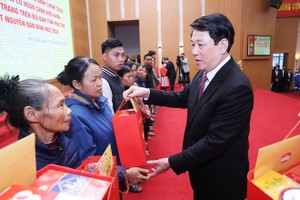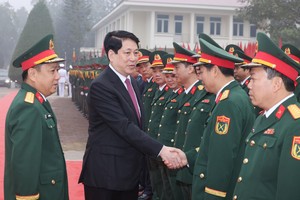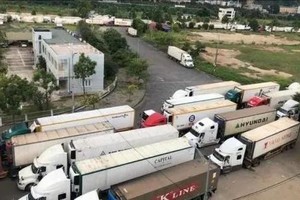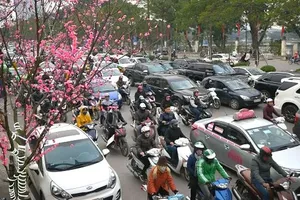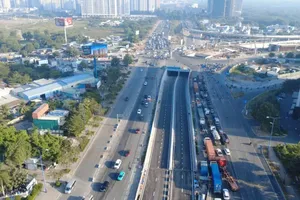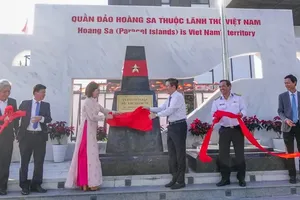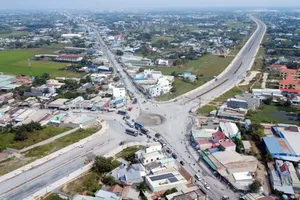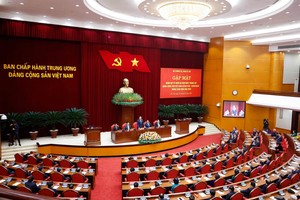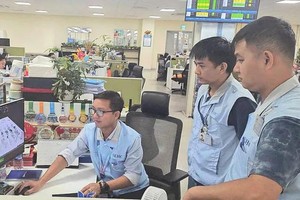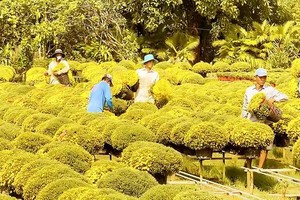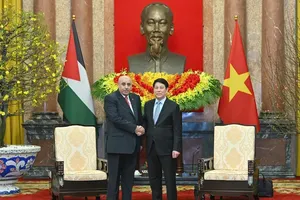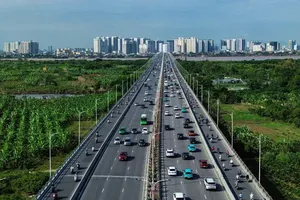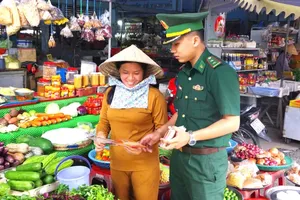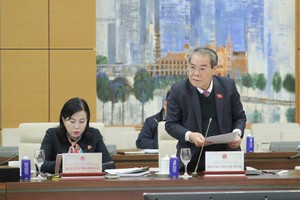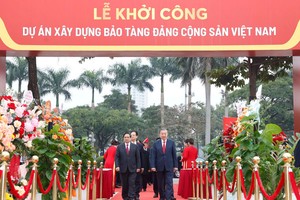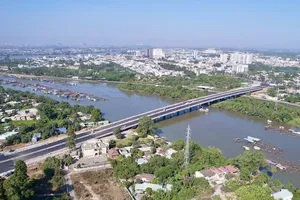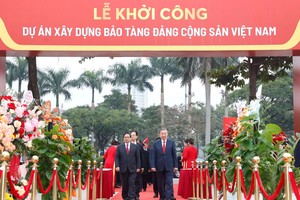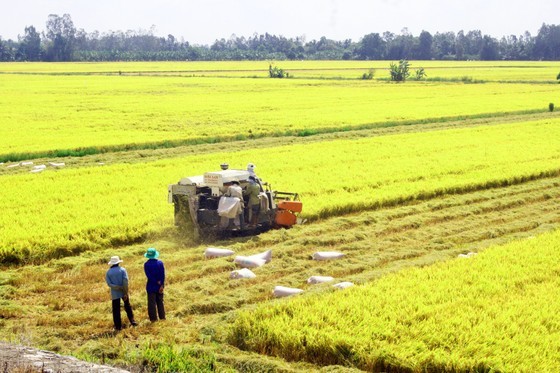 |
A large field in the Mekong Delta |
Deputy Minister of Agriculture and Rural Development Hoang Trung today chaired a conference to summarize crop production in the summer-autumn and fall-winter crops of 2023 and plan for the winter-spring production plan in the Mekong Delta.
Mekong Delta farmers are extremely excited with a good harvest and a good price for rice. The agricultural sector and localities will continue to have solutions to help rice farmers have stable and sustainable profits, said Vice Chairman of Can Tho City People's Committee Nguyen Ngoc He.
In addition to the evaluation of the crop production results, specific recommendations on crop schedules for each region and appropriate rice variety structure in different ecological regions to satisfy market needs, and solutions to prevent floods, droughts, and saltwater intrusion in the context of the impact of El Nino, conference delegates were also discussing production solutions for the 2023 - 2024 winter-spring crop in the Mekong Delta and analyzing the advantages, disadvantages and solutions for the production of rice and crops of all kinds in adverse climate and weather conditions.
According to Deputy Director of the Ministry of Agriculture and Rural Development’s Department of Crop Production Le Thanh Tung, the Mekong Delta's rice production area in 2023 was over 3.8 million hectares, with an estimated output of 23.970 million tons, an increase of 416,000 tons over the same period last year. In general, the rate of use of fragrant rice varieties and high-quality rice increases, meeting the requirements of the rice export market.
At the conference, delegates also evaluated the large field model. Accordingly, the Mekong Delta currently has two main forms of linkage. The first form is that enterprises invest in seeds, and pesticides, and provide capital to farmers; plus, they partially participate in the production process of farmers and buy all agricultural products. The second form is that enterprises consume output products but do not invest or participate directly in the production process.
Farmers in the Mekong Delta join their paddy fields into 150,000ha - 200,000ha large fields. However, to achieve good results for cooperation and production linkage in the coming time, it is necessary to review and adjust planning to transform the structure of crops and products to meet market needs and adapt to climate change.
The Department of Crop Production recommended that in the winter-spring rice crop of 2023-2024, the Mekong Delta needs to continue synchronously sowing according to the schedule recommended by the Department of Crop Production. At the same time, local administrations should strengthen scientific studies, application and transfer of science and technology contribute to improving productivity, quality and production efficiency.
